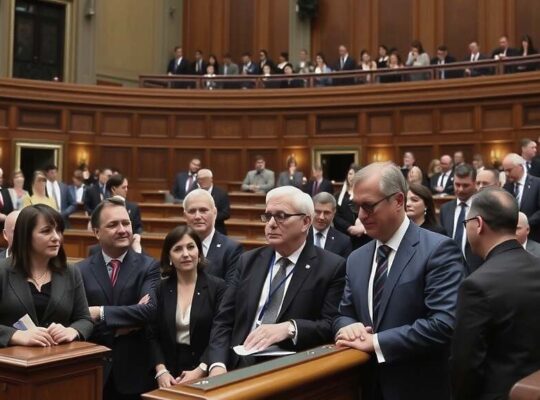The passing of former U.S. Vice President Dick Cheney, aged 84, marks the close of a career that profoundly shaped American foreign policy and domestic politics, leaving behind a complex and often controversial legacy. His family announced his death on Tuesday.
Cheney’s tenure as the 46th Vice President, serving alongside President George W. Bush from 2001 to 2009, solidified his reputation as arguably the most powerful vice president in modern American history. Prior to that, he held the pivotal role of Secretary of Defense under President George H.W. Bush from 1989 to 1993. His influence was instrumental in formulating and directing the “War on Terror” following the September 11th attacks, a campaign that led to protracted military engagements in Afghanistan and Iraq and a significant expansion of surveillance powers domestically.
While initially championed by conservatives, Cheney’s voice became increasingly marginalized within the Republican Party in recent years. His outspoken criticism of former President Donald Trump, an ideological departure for a figure previously associated with unwavering neoconservative principles, signaled a significant shift in his political alignment. Notably, he reportedly endorsed Kamala Harris, President Biden’s current vice president, in the last presidential election – a telling indicator of his disillusionment with the direction of the Republican Party.
Cheney’s legacy remains deeply contentious. Critics have consistently pointed to his role in advocating for the Iraq War – based on intelligence later deemed faulty – and his support for enhanced interrogation techniques widely condemned as torture. The expansion of executive power during his vice presidency and the long-term consequences for civil liberties and international relations, continue to be subjects of intense debate. His passing necessitates a renewed examination of the policies he championed and their enduring impact on the United States and the world.












